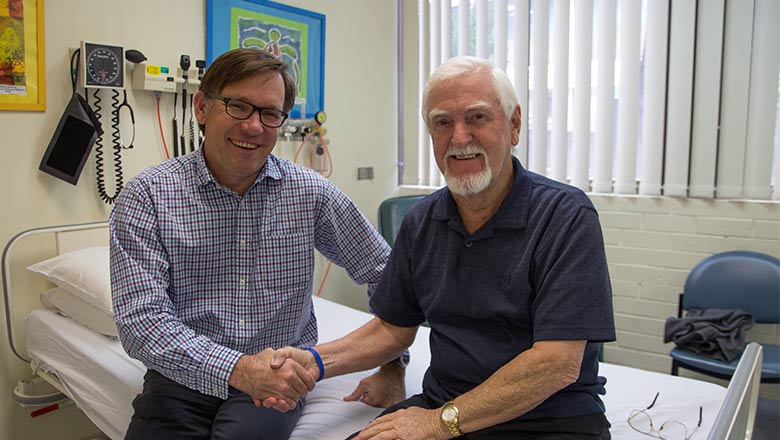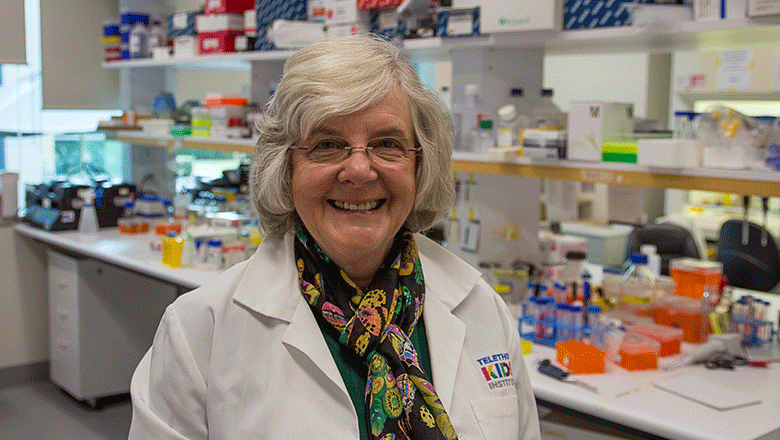Search
Research
Safety surveillance of influenza vaccine in pregnant womenVaccination is the most effective strategy for preventing influenza infection in pregnancy.
Research
Impact of CD14 promoter variants on measles vaccine responses and vaccine failure in children from Australia and MozambiqueHost genetics are likely to play a crucial role, particularly variants that alter key innate immune response genes.
Research
Modelling the seasonality of respiratory syncytial virus in young childrenThe transmission dynamics of RSV infection among young children are still poorly understood and mathematical modelling can be used to better understand...
Research
Hierarchy and molecular properties of house dust mite allergensThe allergenic load of house dust mite allergy is largely constituted by a few proteins with a hierarchical pattern of allergenicity.
Research
Comparison of text-messaging to voice telephone interviews for active surveillance of adverse events following immunisation.This study was designed to compare data collected via SMS and telephone for the purposes of monitoring vaccine safety.
Research
Do early-life viral infections cause asthma?Epidemiologic associations between viral lower respiratory infections (LRIs) and asthma in later childhood are well known
Research
Increased allergic immune response to Sarcoptes scabiei antigens in crusted versus ordinary scabiesScabies, a parasitic skin infestation by the burrowing "itch" mite Sarcoptes scabiei, causes significant health problems for children and adults worldwide.

News & Events
Vaccine trial aims to curb ‘superbug’Sarah Le Roi knows well how debilitating Clostridium difficile infection (CDI) can be. She was struck down with the 'superbug' while on holiday in the US.

News & Events
Perth scientist receives prestigious honourAn internationally recognised researcher at The Kids Research Institute Australia has been made a Fellow of the Australian Academy of Science
News & Events
Wesfarmers Centre of Vaccine and Infectious Diseases Research Seminar Series 2014Wesfarmers Centre of Vaccine and Infectious Diseases Research Seminar Series 2014.Genetic and functional studies of leishmaniasis: understanding the role of HLA
